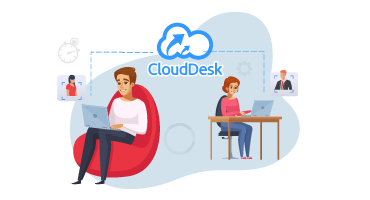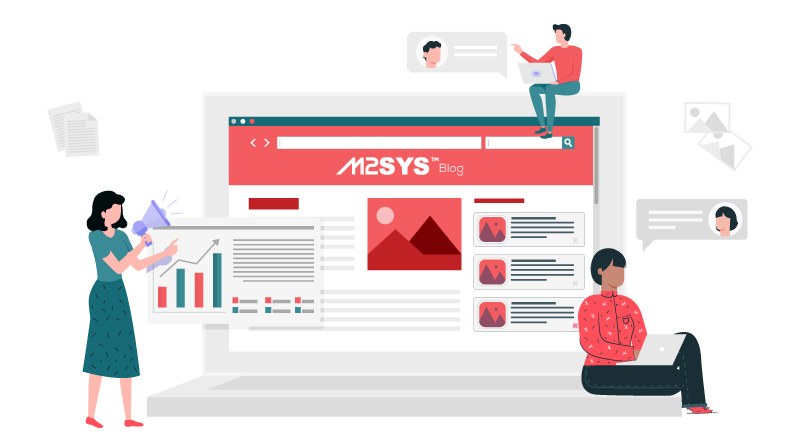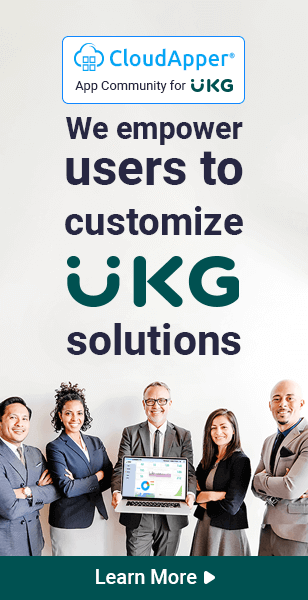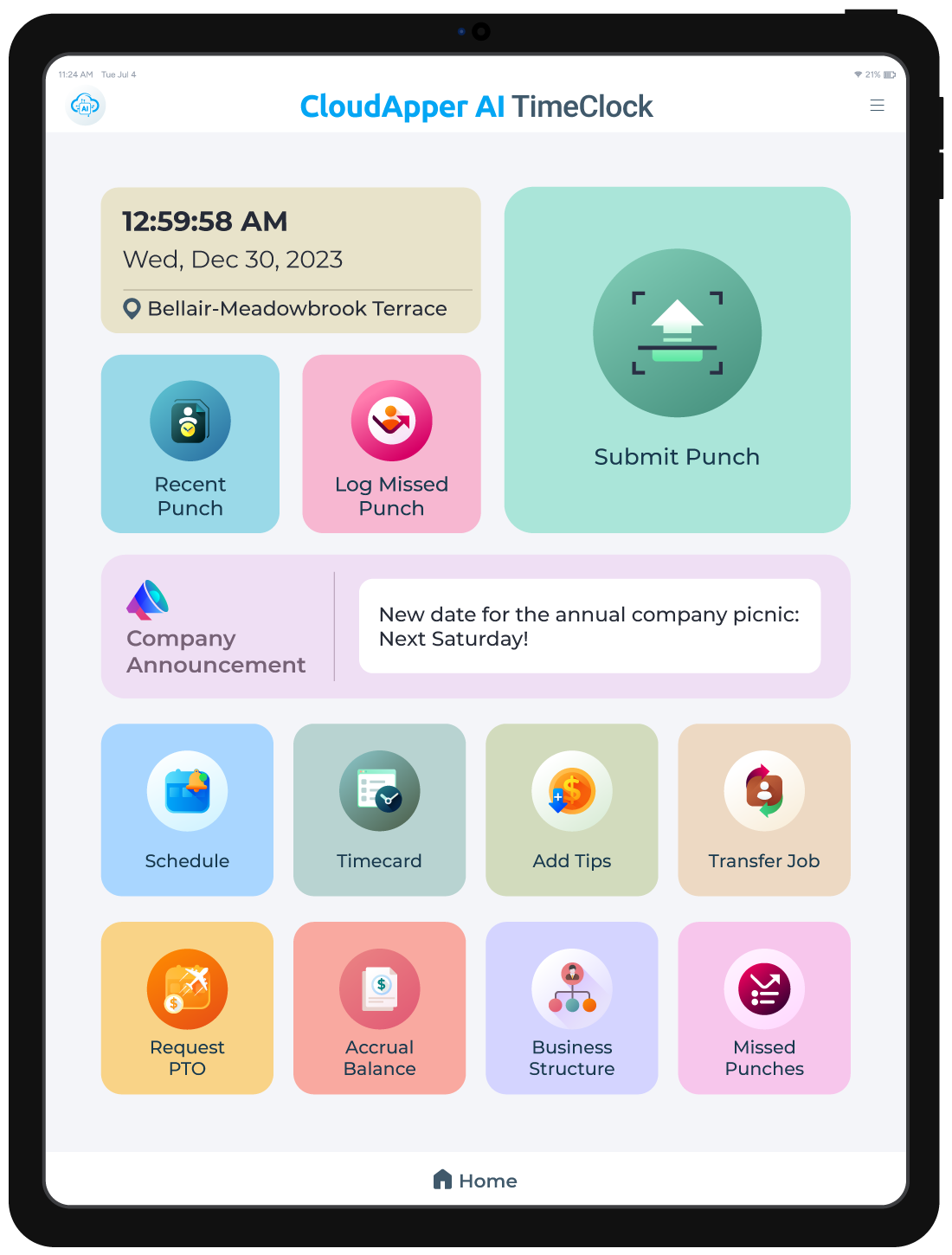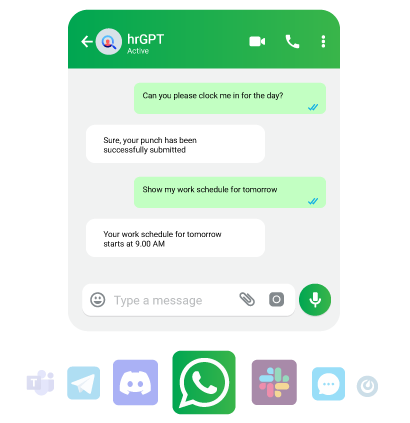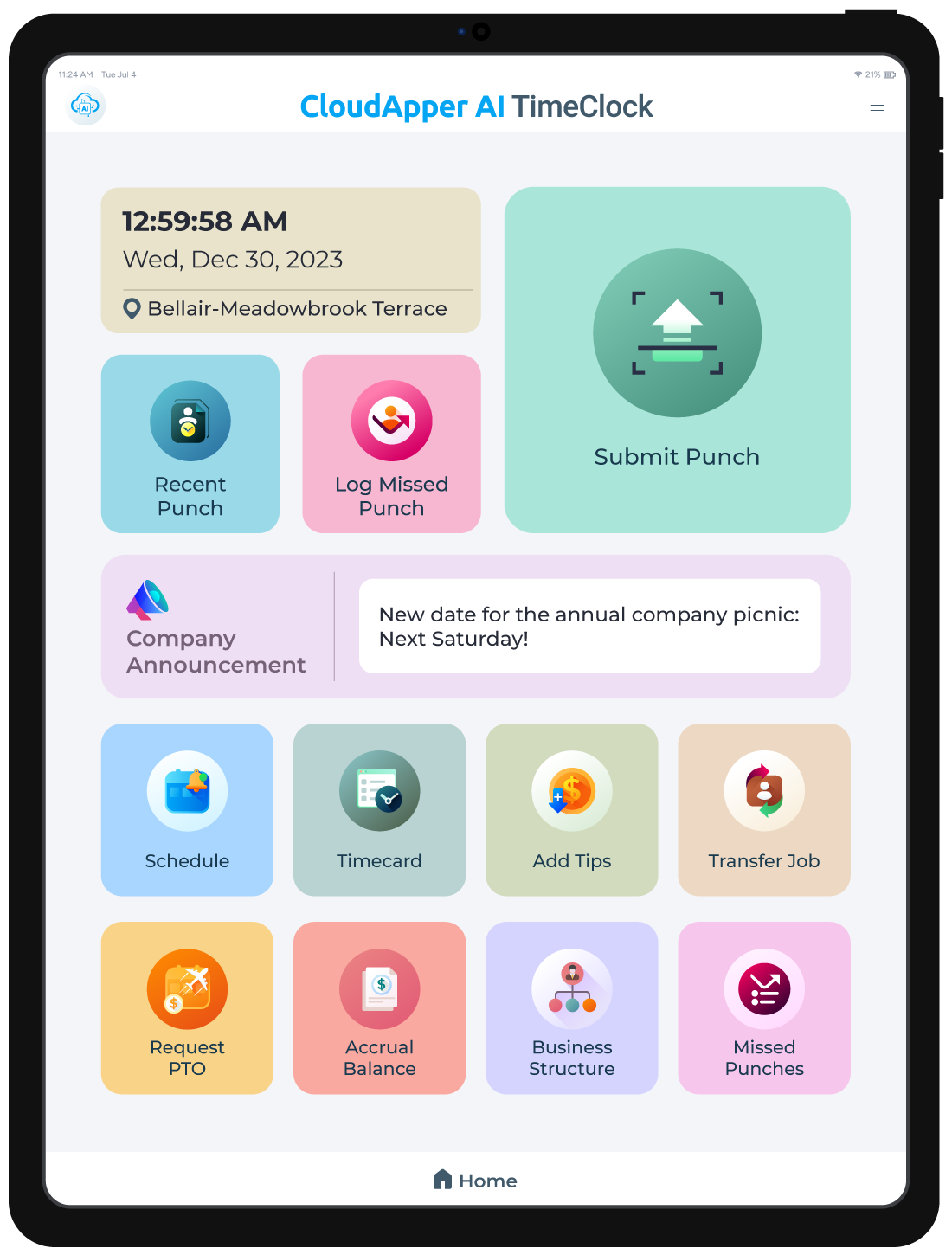Tech Used by Employers to Keep Tabs on Their Remote Workers
One of the major changes that took place after the lockdown triggered by the recent coronavirus epidemic has been a renewed interest in working at home. It has forced millions of employees to work from home in order to avoid contagion, and companies that were not sure about going for remote work finally concluded they can benefit from telecommuters.
One of the major influencers behind this shift is the economic benefits companies can gain from it. According to a survey, monitoring a single employee working remotely costs only about $7 a month, and having an employee work from home half the time can save an employer almost $11,000. This huge amount of savings is due to the increased productivity, lower real estate costs, and reduced absenteeism, according to Global Workplace Analytics, a consultant on workplace trends and strategies.
How employers are keeping tabs remotely
Technological advancement has made working from home easier, with widely used applications like Zoom and Slack for effective collaboration with co-workers and clients. Technology has also enabled managers to overcome their greatest fears about allowing employees to work remotely.
Applications like CloudDesk have enabled companies to track the activities of their employees by installing software on their computers and laptops. Just like most monitoring software, it can track mouse and keyboard movements, monitor PC and web activities check applications used and see how much time the employee spends working and taking breaks. It will also take random screenshots to let managers know what is on the employee’s screen. The idea behind the CloudDesk app is to reassure employers that users working from home are actually being productive on company time.
Invasion of privacy?
Do you think that remote monitoring tools are an invasion of privacy? You should know that it’s not limited to those working remotely. Employees in the US don’t have much privacy protection when it comes to working from their office computer, according to Lewis Maltby, president of the National Work Rights Institute. He believes that anything and everything they do is probably monitored by their boss and the courts generally have supported the view. The most probable reason behind it is the Electronic Communications Privacy Act of 1986, which indicates that if you work on company equipment, your data belongs to the company.

On the other hand, privacy laws in Europe are far more up to date and strict when it comes to employees’ data privacy. Under the new GDPR act of 2016, individuals living in the European Union have far more control of their data, where they can even ask to have data removed if they disagree with its safety or accuracy. An employee in Europe can even place it off-limits to an employer by simply marking a document private—even on company-owned equipment.
Managing with mutual trust and empathy
When it comes to managing remote employees, managers should go into a remote working system with mutual trust and empathy, not with distrust and a micro monitoring approach. Setting unnecessarily strict work-from-home guidelines often leads to an authoritarian style of management, which puts a lot of pressure on employee morale and productivity. The best approach should be to set clear goals with a realistic time frame and manage results.

Here at CloudDesk we believe that, when an employee feels that the company cares for him and believes in him, he takes ownership of everything and works as long as necessary to complete a task. On the other hand, close supervision doesn’t encourage him to check something at 8 o’clock in the evening. That’s why we like to call our app a tool for increasing productivity by letting the employees know that their hard work and extra efforts are accounted for.


